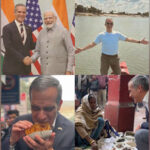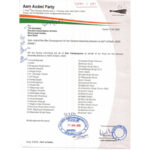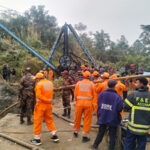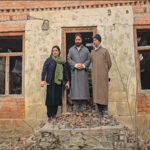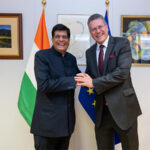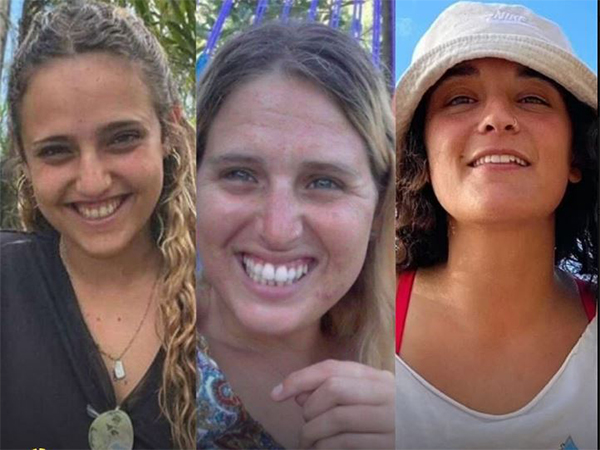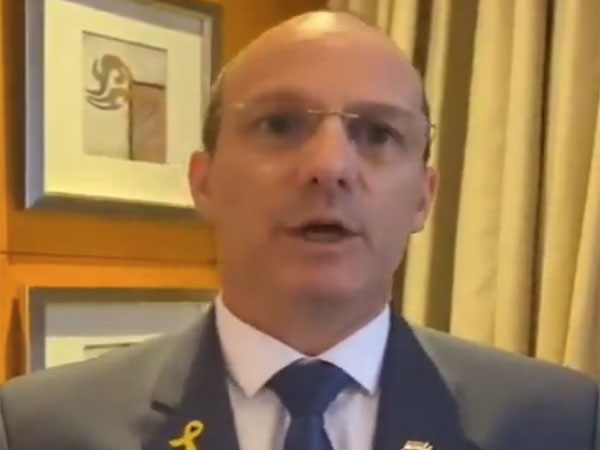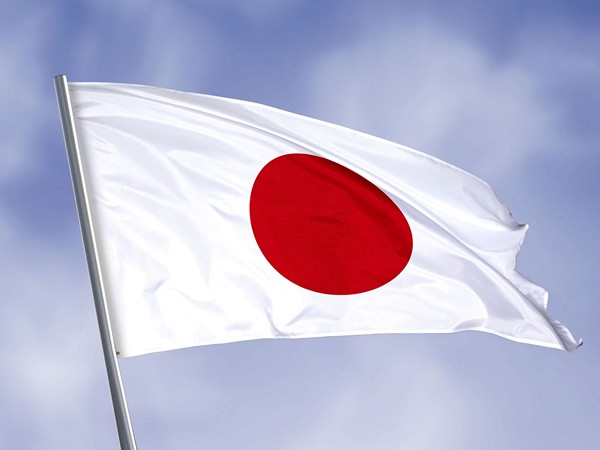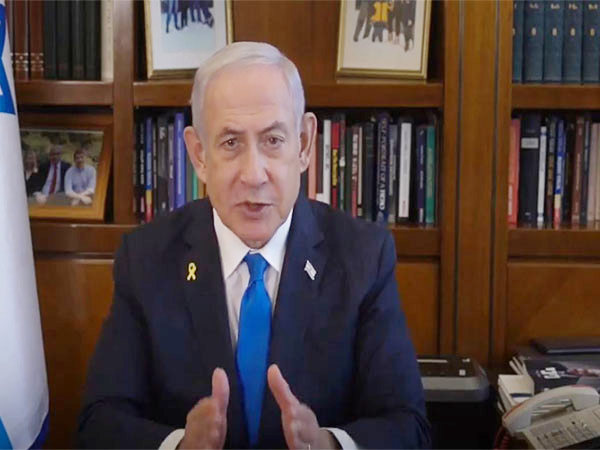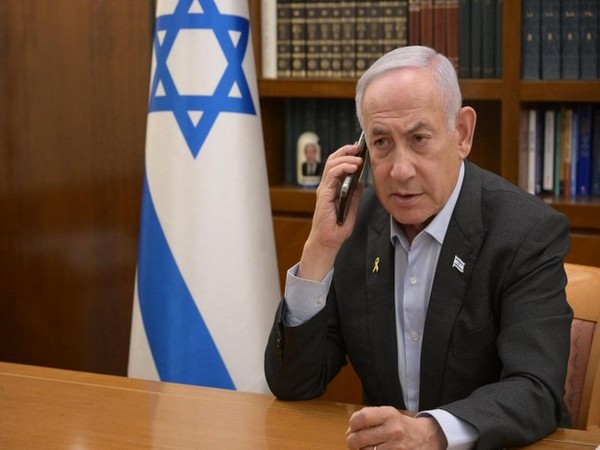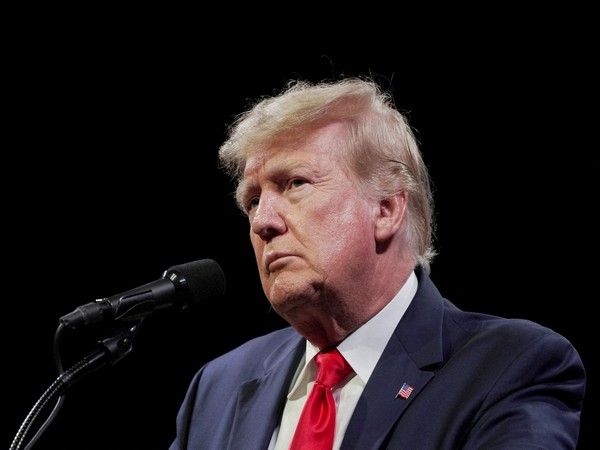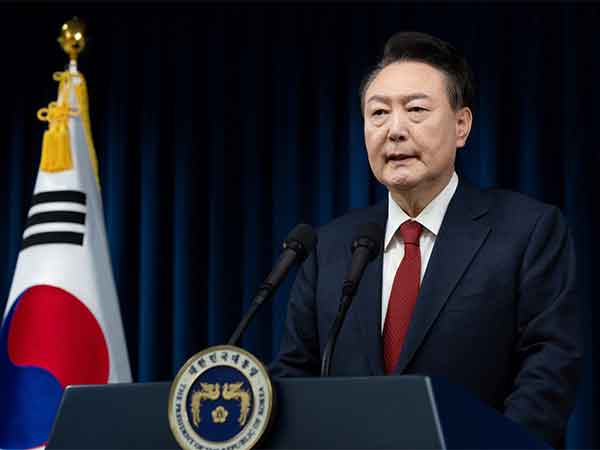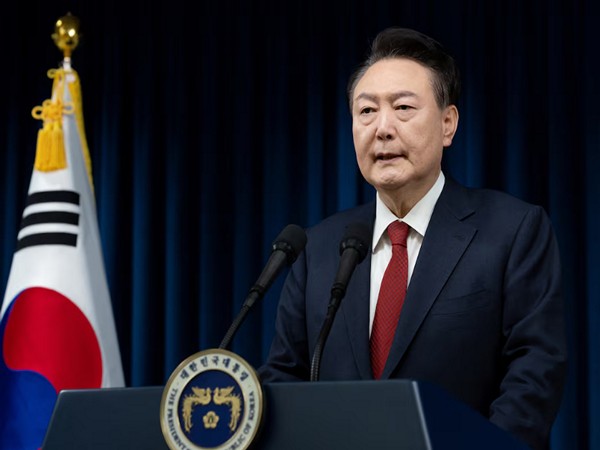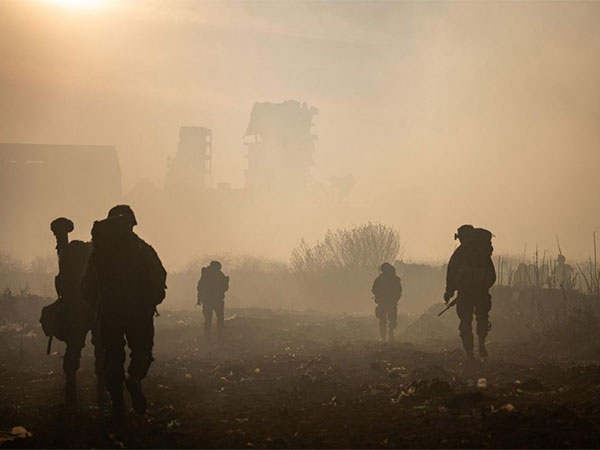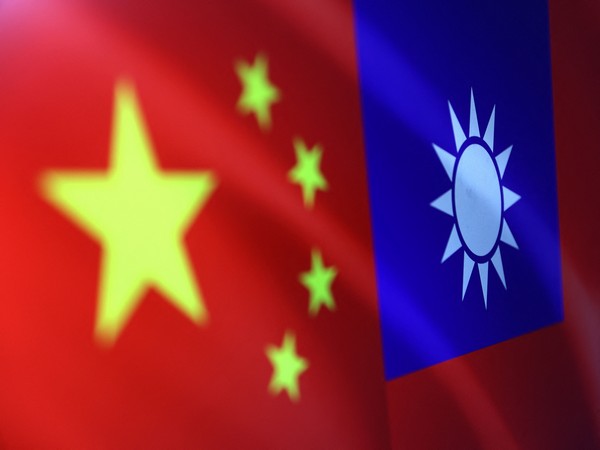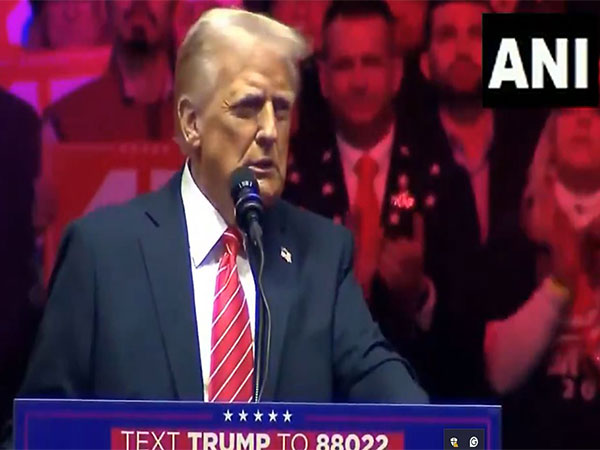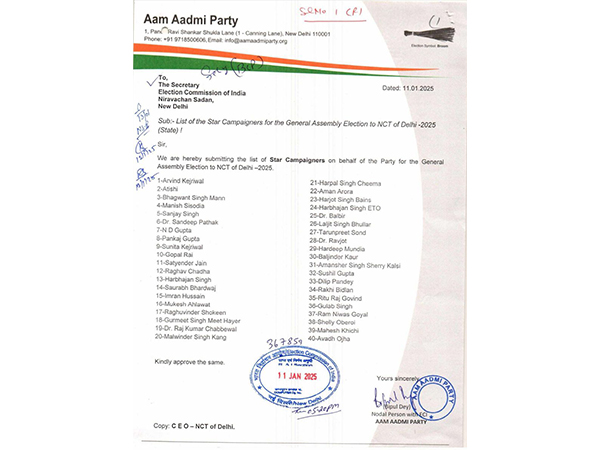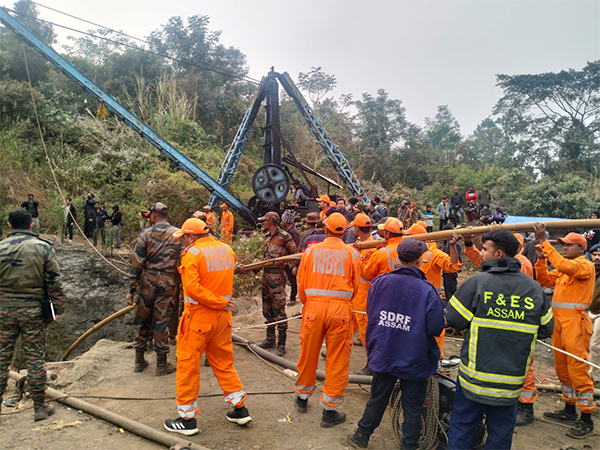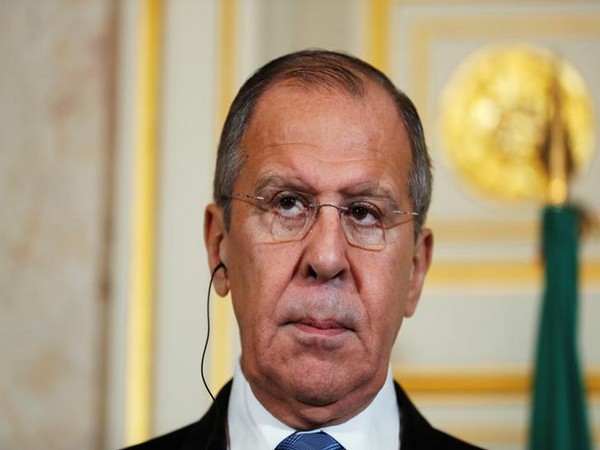
Moscow [Russia], February 28 (ANI): Russia’s nuclear triad was put on high alert on Monday amid negotiations between Kyiv and Moscow in the Gomel region of Belarus. Russian Defence Minister Sergei Shoigu informed President Vladimir Putin on Monday that the country’s nuclear deterrence forces have begun combat duty with reinforced staff, reported Xinhua.
Shoigu informed Putin that “the duty shifts of control units of the strategic rocket forces, the Northern and Pacific fleets, and the long-range aviation command have started to carry out the combat duty with increased capacity,” Russia’s RIA Novosti news agency cited the ministry as reporting. Putin ordered the country’s deterrence forces to be placed on “a special mode of combat duty” in a Sunday meeting with top defense officials.
Meanwhile, Russia banned flights for airlines from 36 countries in a retaliatory move against EU airspace ban, reported Xinhua. As a response to the ban of European states on Russian air carriers, a restriction has been introduced on the operation of flights by air carriers from 36 countries, according to aviation authorities. These restrictions will affect airlines from Britain, Germany, Spain, Italy, Canada and Portugal, among others, reported Xinhua.
Further, as per the regional governor of Kharkiv, Russian shelling has killed at least 11 civilians in the city. “The Russian enemy is bombing residential areas,” Oleg Sinegubov, wrote on the Telegram messaging app, saying that, “As a result of the bombardments that are ongoing, we cannot call on the emergency services… currently there are 11 dead and dozens wounded”. (ANI)
Guterres calls Putin’s decision to put nuclear forces on special alert a ‘chilling development’
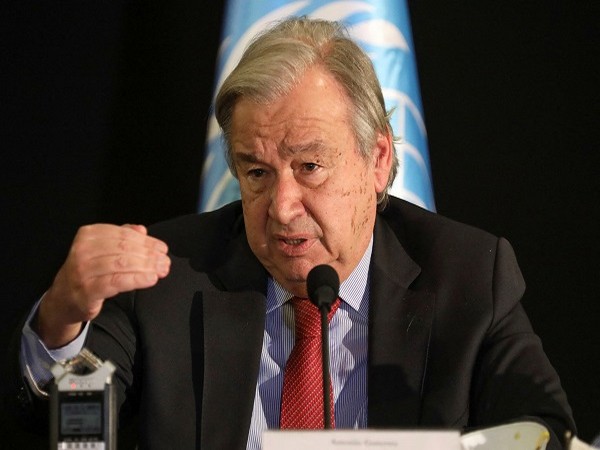
New York [US], February 28 (ANI): In the aftermath of Russian President Vladimir Putin’s order for putting the nuclear deterrence forces on ‘special alert’, UN Secretary-General Antonio Guterres during a UN General Assembly emergency session on Monday called Russia’s decision a “chilling development.” On Sunday, Putin ordered Defense Minister Sergei Shoigu and the Chief of the General Staff Valery Gerasimov to put the deterrence forces of the Russian army to a special mode of combat duty. “We are facing a tragedy for Ukraine, but also a major regional crisis with potentially disastrous implications for us all,” Guterres said. “Yesterday, Russian nuclear forces were put on high alert. This is a chilling development. The mere idea of a nuclear conflict is simply inconceivable. Nothing can justify the use of nuclear weapons.”
On February 24, Russia recognized the independence of Ukraine breakaway regions following which Western countries have toughened sanctions on Russia. On Sunday, the Security Council voted to call for an emergency special session of the 193-member UN General Assembly on Russia’s military operation in Ukraine.
The measure convening the General Assembly session was adopted by a vote of 11 in favour, with Russia voting against, and China, India, and the United Arab Emirates abstaining. The request for the Assembly to urgently convene a meeting comes after Russia vetoed on Friday a US-led draft Security Council resolution on Russia.
Since the text acted on Sunday was procedural, none of the five permanent Council members could use their vetoes. The measure needed just nine votes in favor to pass. Only 10 such emergency special sessions of the General Assembly have been convened since 1950, following the adoption of resolution 377A(V), widely known as “Uniting for Peace.”
According to UN News, that text gives the Assembly the power to take up matters of international peace and security when the Security Council is unable to act because of the lack of unanimity among its five veto-wielding permanent members. The Security Council’s latest steps to end the Ukraine crisis cap a week of activity at the UN seeking a diplomatic off-ramp to Russian military action in the country. (ANI)
Alliance sees no need to change nuclear weapons alert level: NATO Chief
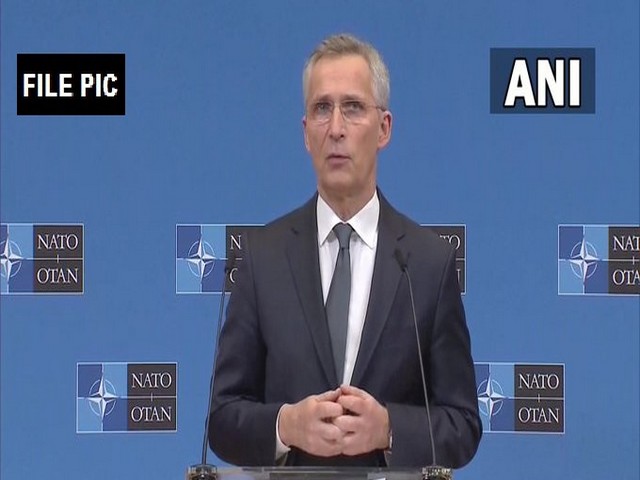
Warsaw [Poland], March 1 (ANI): NATO’s chief Jens Stoltenberg following talks on European security with Polish President Andrzej Duda at an airbase in Lask, central Poland said that despite Russia’s threats about nuclear weapons, the alliance sees no need to change its own nuclear weapons alert level. “We will always do what is needed to protect and defend our allies, but we don’t think there is any need now to change the alert levels of NATO’s nuclear forces,” Stoltenberg said, reported ABC News.
“We strongly believe it’s reckless and irresponsible the way Russia is speaking about nuclear weapons,” he added. He called on Russia to “stop the attacks and withdraw all its forces and engage in good faith in diplomatic efforts.” Stoltenberg stressed, “This is a horrendous, horrific invasion of an innocent country and we see that civilians are killed. It’s a brutality that has to stop immediately.” (ANI)
